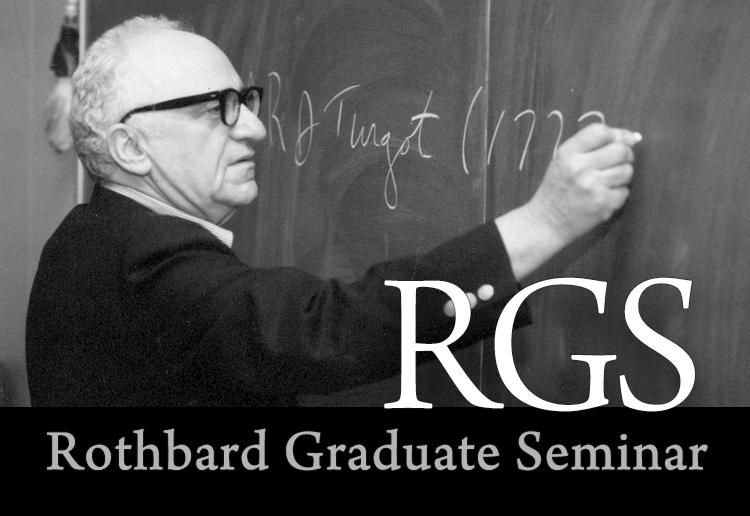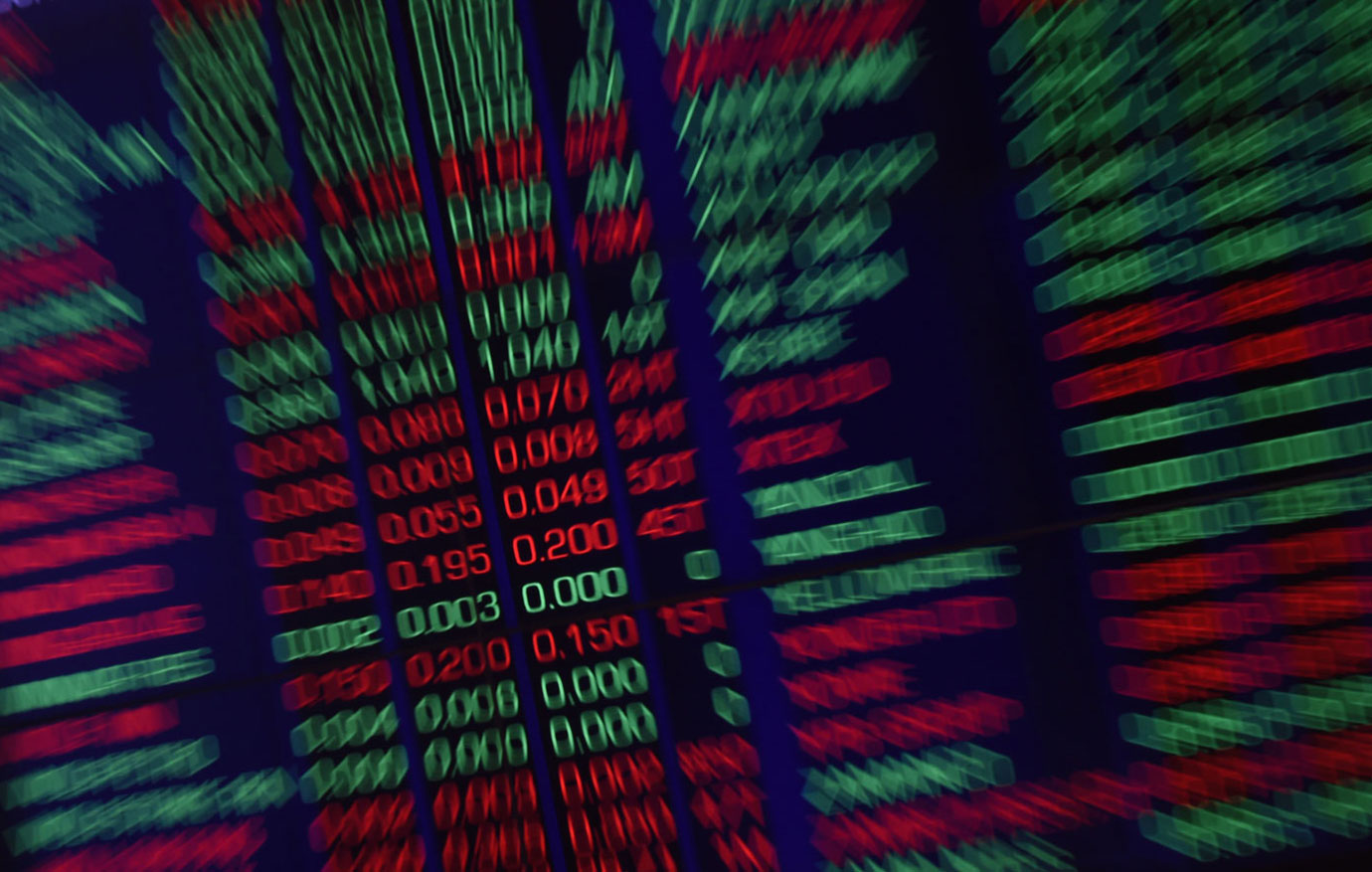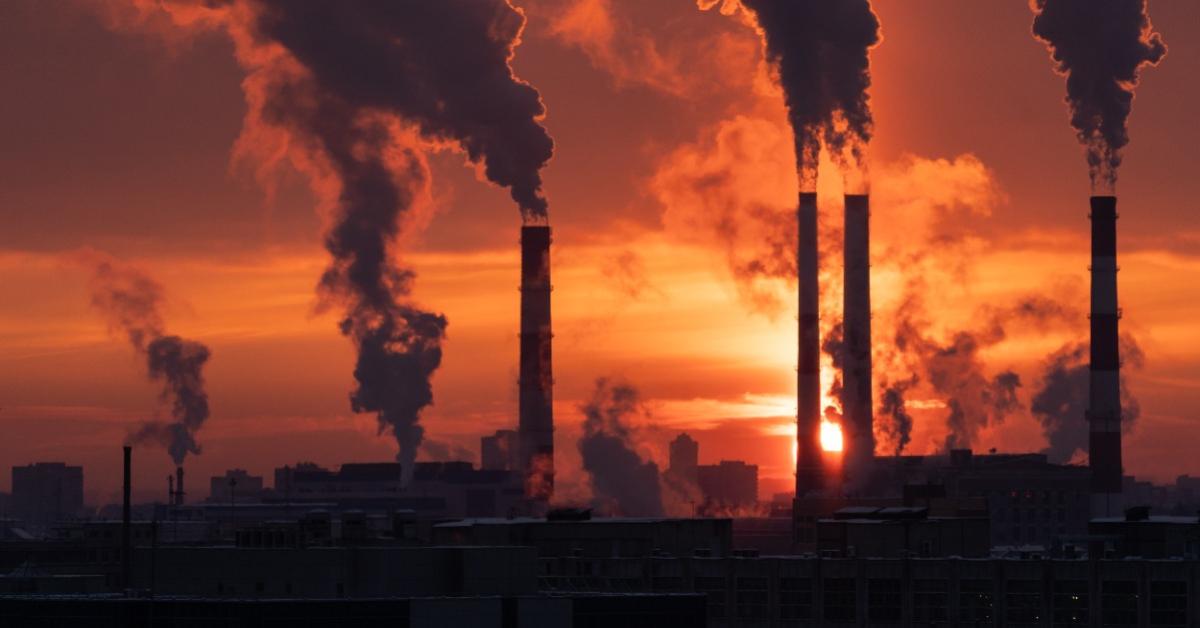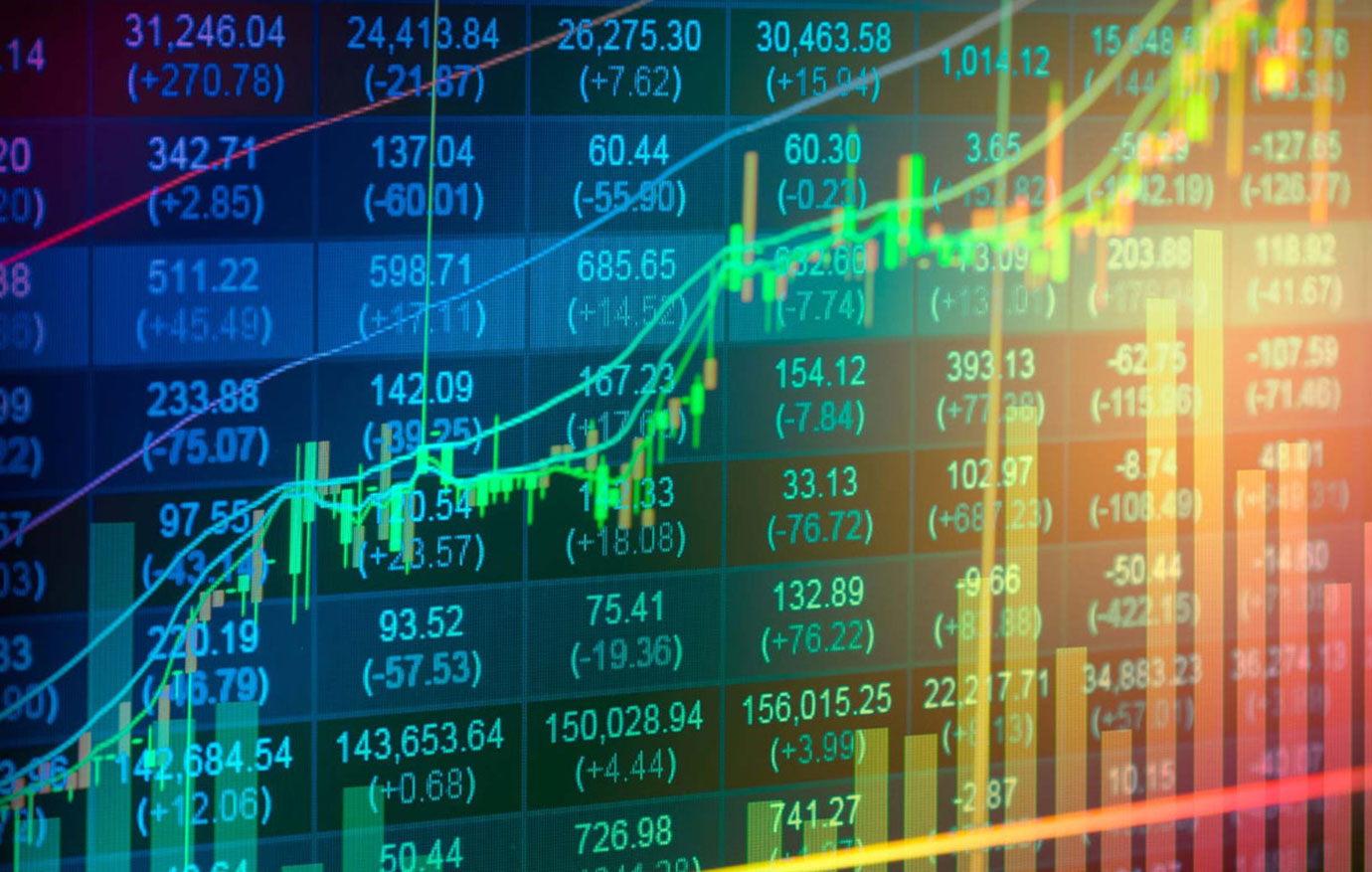Rising “Constitutional Carry” Is a Sign of Failing Trust in Government
In the past, many Americans may have simply trusted to the regime to provide "law and order." But that sentiment is apparently becoming more and more rare. Original Article: "Rising "Constitutional Carry" Is a Sign of Failing Trust in Government" This Audio
How Long Will This Recession Last?
The most important question for asset prices right now, from stocks to houses to Bitcoin, is whether we’re due for a recession. Last week we got confirmation that according to the traditional definition of a recession – 2 quarters of
Everything You Love You Owe to Capitalism
I'm sure that you have had this experience before, or something similar to it. You are sitting at lunch in a nice restaurant or perhaps a hotel. Waiters are coming and going. The food is fantastic. The conversation about all
The New Green Economy Is Little More than a Keynesian Spending Scheme
Climate change theory says that the public has to drastically reduce its consumption to save the environment, while Keynesian economics says that increasing consumption by the general public is the surest way to a prosperous economy. Despite the contradiction, the
Ahmed Elsamadisi: The Stories Data Can Tell Us If We Ask The Right Questions
How do companies make decisions? Data certainly don’t make decisions, nor do analytics, nor do the computers they run on. Human begins make decisions — the human factor is crucial. Subjectivism is paramount, even in the age of big data
Profits Are Not Random. They’re How Entrepreneurs Help Allocate Resources Efficiently.
The efficient market hypothesis, which is popular in neoclassical economics circles, holds that markets are so "efficient" that entrepreneurial profits are generated randomly. Original Article: "Profits Are Not Random. They're How Entrepreneurs Help Allocate Resources Efficiently." This Audio Mises Wire is generously sponsored
How Common Has Private Currency Been?
Recently, an investment advisor and Bitcoin proponent tweeted the claim that “[f]or most of human history” the “[s]eparation of money and state was the norm, even if the state stamped their ruler's face on the coin.” Some strong disagreement (and
Monetary Policy and Environmental Progress: Why Bad Money Drives Up Pollution
Many people are growing concerned about pollution and its growing effects on our environment and quality of life. So much so it seems, that politicians are now taking nuclear power much more seriously than previously. We’ve seen a greater push
The Philosophy of the Pseudoprogressives
1. The Two Lines of Marxian Thought and Policies In all countries which have not openly adopted a policy of outright and all-around socialization the conduct of government affairs has been for many decades in the hands of statesmen and parties










